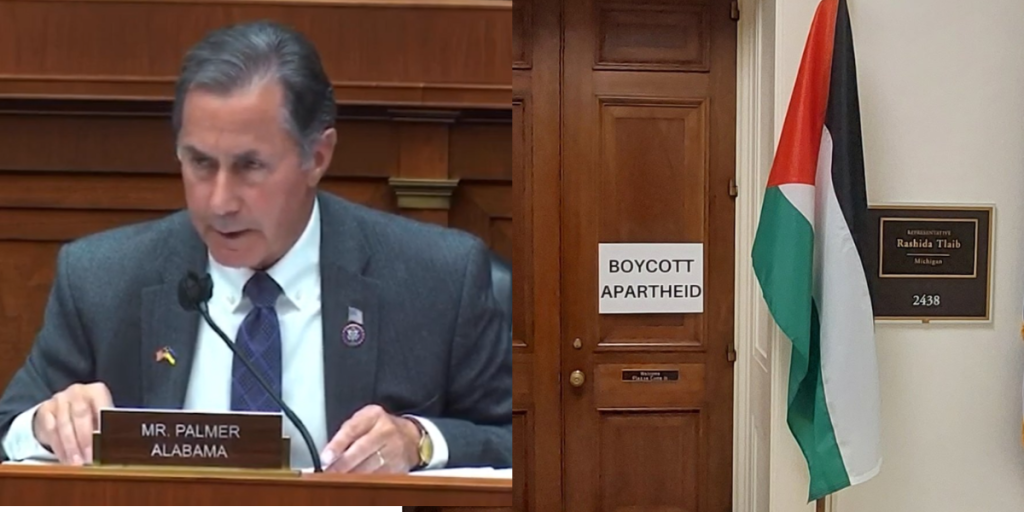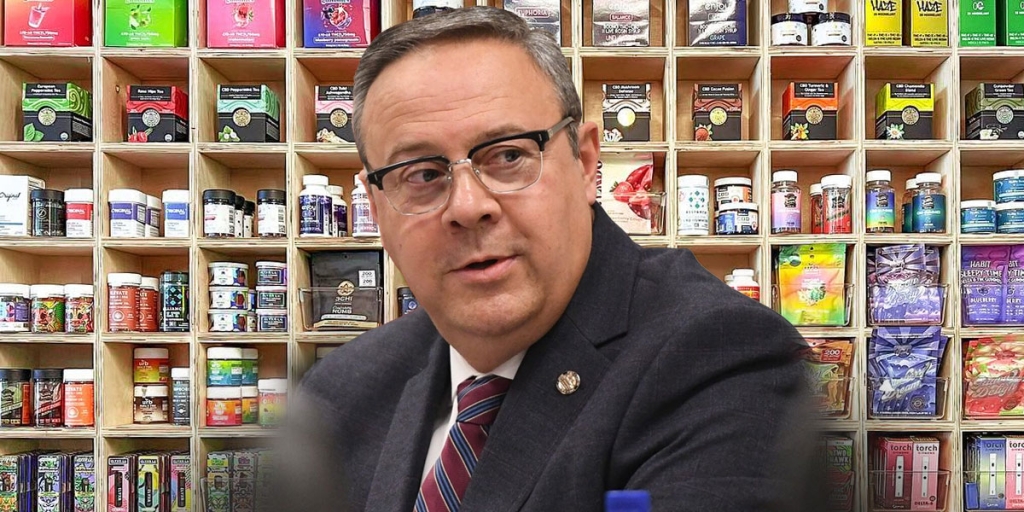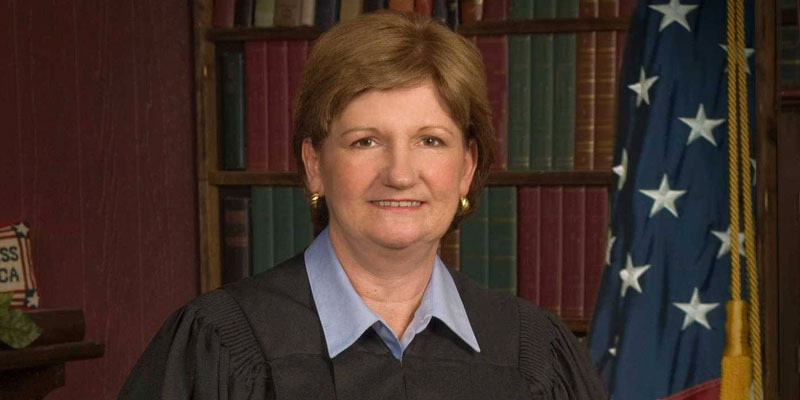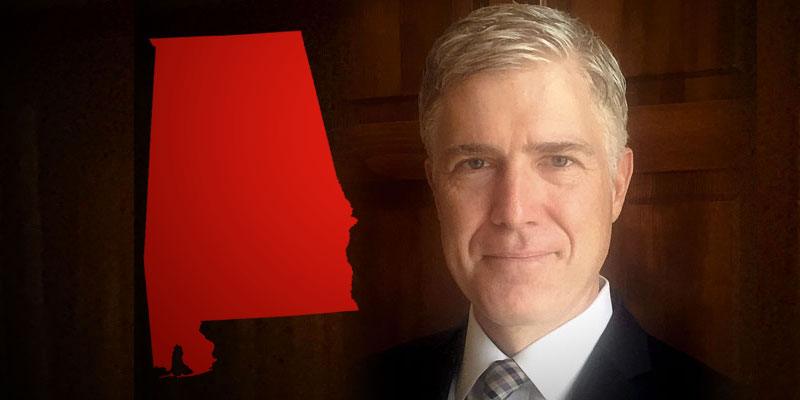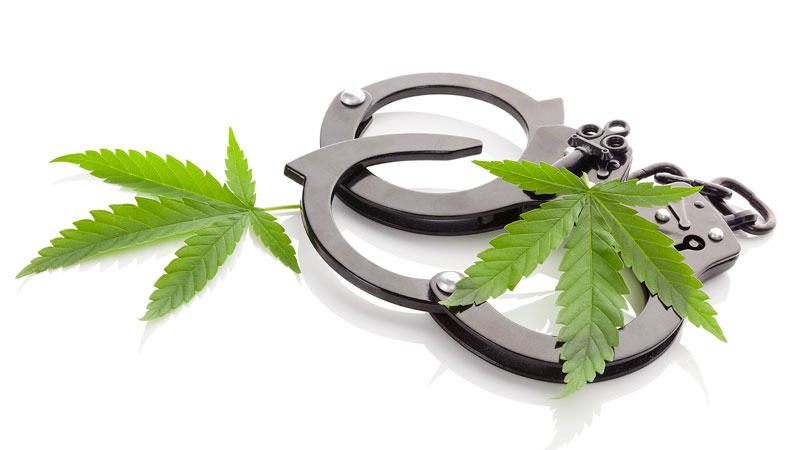
Though illegal for nearly 50 years under the Controlled Substances Act (CSA), the possession and sale of marijuana seems to be losing its negative stigma. Medical marijuana is legal in 29 states, and the recreational use of marijuana is legal in Washington, Colorado, Oregon, Alaska, California, Maine, Massachusetts, Nevada, and the nation’s capital. Despite many states loosening their marijuana laws, the drug remains federally prohibited under the CSA. This means marijuana is legal and illegal at the same time. The tension between the federal prohibition of the drug and its legality in some states has the potential to cause significant problems for state officials and newly legal marijuana corporations.
It is somewhat unclear what the legalization of marijuana means for the states that have legalized the recreational use of the drug. In 2012, Colorado became the first state to legalize recreational marijuana. Colorado is consistently at the forefront of drug policy reform; the state also legalized syringe exchange programs and has the most comprehensive medical marijuana regulatory scheme in the country. After legalizing recreational marijuana, Colorado made over $135 million in tax revenue in 2015, and opened the door to a billion-dollar industry that has created thousands of new jobs in the state. So far, there do not seem to be many negative effects of recreational legalization in Colorado. However, it is possible that Colorado’s changing drug laws are outpacing government enforcement. There is still much confusion surrounding marijuana related DUIs, and a problem has emerged with children mistakenly eating THC infused edibles. Like the alcohol and tobacco industries, it’s possible that the marijuana industry might exploit its profitability to avoid much government regulation. Because of uncertainties like these, it won’t be clear for 5-10 years whether the long-term effects of marijuana legalization are negative or positive.
California is one of the most recent states to legalize recreational marijuana, along with Massachusetts, Maine, and Nevada. However, in 1996, CA was the first state to legalize medical marijuana use. Because the legalization of recreational marijuana in California is so recent, the framework for regulating and selling the drug will probably not be well-established until at least 2018. It is therefore unclear exactly what effects this change in the law will have on the state. It’s likely that CA will try to improve in areas where Colorado struggled; Californa will attempt to more strictly regulate edibles, for example, so that they are not mistakenly eaten by small children. Although California can look to the states that legalized before it, because recreational marijuana legalization is still such a new development there is no definitely correct regulation framework.
While California and Colorado are among the states at the forefront of marijuana legalization, Alabama and Georgia are among the states least likely to legalize recreational marijuana. Alabama has some of the strictest drug laws in the country. The marijuana usage rate in Alabama is extremely low, only 9.7%, because of high fines and serious penalties for possession, although Alabama does offer pre-trial diversion for most people who are charged with possession of marijuana. The Alabama senate recently killed a bill on medical marijuana legalization, and no form of legalization seems likely in the near future. GA has overall very strict drug
Georgia has overall very strict drug laws, and makes more marijuana related arrests per 100,000 people than the national average. However, Georgia does offer alternative sentencing for marijuana related crimes, to avoid jail time, and recently passed a law allowing eligible medical patients to possess cannabis oil that has high CBD but very low THC; these patients get the beneficial medical effects of the drug but no “high.” However, the problem is that Georgia does not produce this oil in-state, and going across state lines to acquire it violates federal law. This federalism conflict thus renders the medical CBD exception somewhat useless.
The situation in Georgia highlights a major problem in state-by-state marijuana legalization- the drug is still illegal at the federal level, and marijuana may be completely legal in one state and completely illegal in the state next-door. This conflict creates several problems. Federal employees are still drug tested, even where the drug is legal. Smoking marijuana is still illegal in federally subsidized housing even where it has been legalized. Banks worry about financing marijuana corporations, as they may be penalized for money laundering or tied into the illegal transport of the drug over state lines. Attorneys are hesitant to work for marijuana corporations, as attorneys remain bound by federal law. Additionally, marijuana corporations cannot write-off expenses like rent or utilities when filing their federal taxes.
As more states legalize, it’s possible that federal law will change, but so far, the CSA remains in effect. The issue with federal law changing to legalize marijuana is that some states may not want to legalize the drug, and many argue that legalization should be for state citizens to decide. Some legal scholars have suggested a system of cooperative federalism. Under such a system, if states meet certain federal criteria for marijuana legalization they may be exempt from the CSA. This would give states the opportunity to experiment with legalization, but allow other states to keep marijuana illegal. Under a system of cooperative federalism, there would still be concerns of state-to-state spillover effects. However, if the federal government is still able to play a strong role in regulation this should not be a problem. Under the conservative Trump administration, including Attorney General Jeff Sessions who is staunchly against marijuana legalization, it seems unlikely that the federal-state conflict will be resolved in the near future. However, the country has remained stable after several changes in marijuana law over the last 20 years, and will likely still remain stable as states continue to debate the issue.
[socialpoll id=”2444221″]
Editor’s Note: The views of Guest Contributors do not necessarily reflect the views of Yellowhammer, and Yellowhammer’s Editors do not support the legalization of marijuana.
 About the Author: Katherine Pickle is a Clerk at Reid Law Firm. She graduated from the University of Virginia with a degree in English and Political Science in 2016 and will be beginning her second year at Emory University School of Law in August.
About the Author: Katherine Pickle is a Clerk at Reid Law Firm. She graduated from the University of Virginia with a degree in English and Political Science in 2016 and will be beginning her second year at Emory University School of Law in August.




